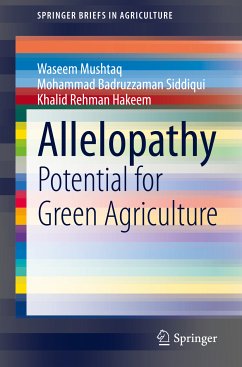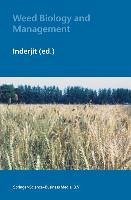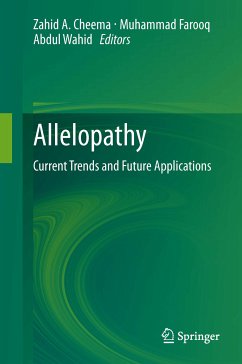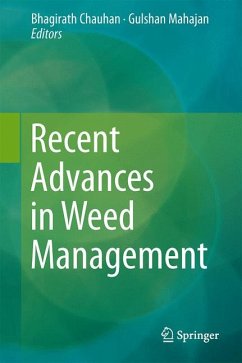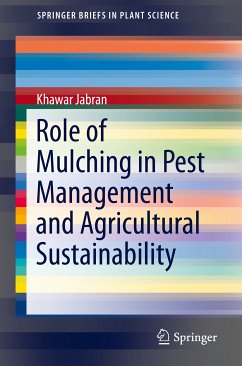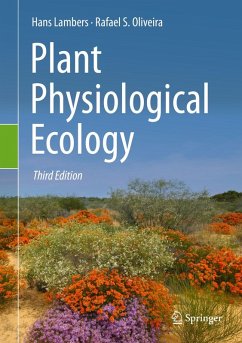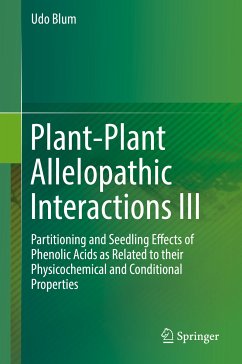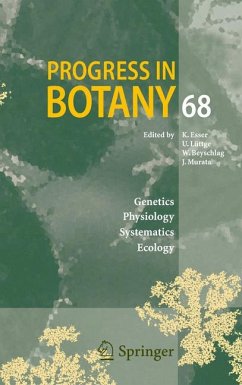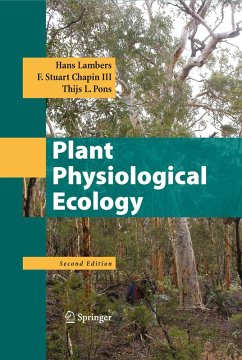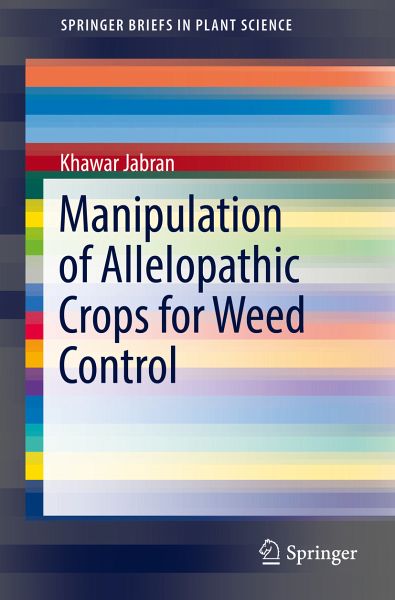
Manipulation of Allelopathic Crops for Weed Control (eBook, PDF)
Versandkostenfrei!
Sofort per Download lieferbar
40,95 €
inkl. MwSt.
Weitere Ausgaben:

PAYBACK Punkte
20 °P sammeln!
This book clearly defines ways to maximize the allelopathic potential of important field crops for controlling weeds, either in the same crop or others. Compared to the use of herbicides, allelopathy is an attractive option to control weeds naturally under field conditions. The book highlights the allelopathic potential of several important cereals (wheat, maize, rice, barley, sorghum, rye) and two oilseed crops [sunflower and canola (as well as some other member of Brassicaceae family)]. Further, the book explains how the allelopathic potential of these crops can be manipulated under field co...
This book clearly defines ways to maximize the allelopathic potential of important field crops for controlling weeds, either in the same crop or others. Compared to the use of herbicides, allelopathy is an attractive option to control weeds naturally under field conditions. The book highlights the allelopathic potential of several important cereals (wheat, maize, rice, barley, sorghum, rye) and two oilseed crops [sunflower and canola (as well as some other member of Brassicaceae family)]. Further, the book explains how the allelopathic potential of these crops can be manipulated under field conditions to suppress weeds. This is possible by growing allelopathic crop cultivars, using mulches from allelopathic crops, intercropping an allelopathic crop with a non-allelopathic crop, including allelopathic crops in crop rotation, or using allelopathic crops as cover crops. Equipped with several basic concepts of allelopathy, this book will be highly useful for the farming community as well as students and researchers.
Dieser Download kann aus rechtlichen Gründen nur mit Rechnungsadresse in A, B, BG, CY, CZ, D, DK, EW, E, FIN, F, GR, HR, H, IRL, I, LT, L, LR, M, NL, PL, P, R, S, SLO, SK ausgeliefert werden.



